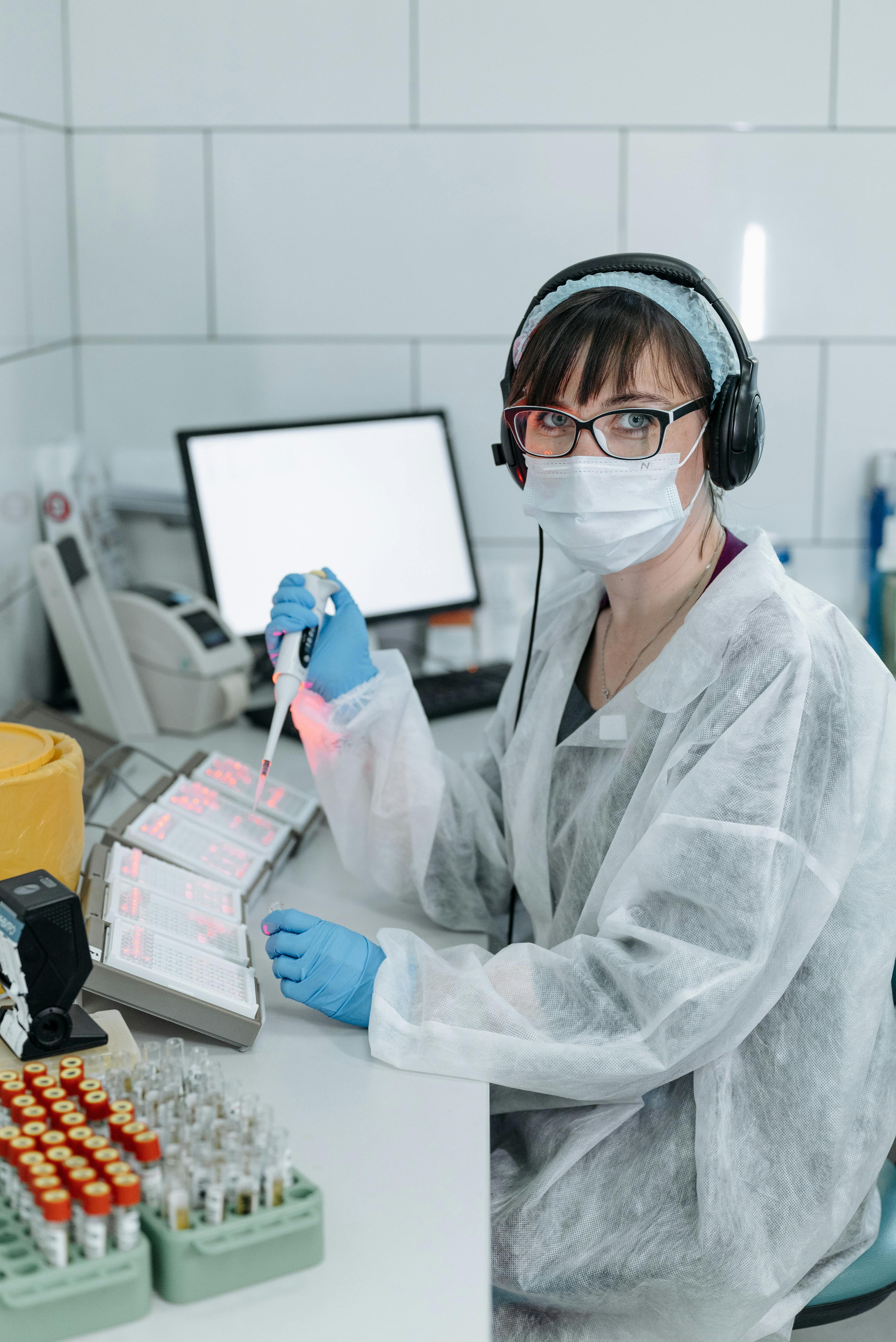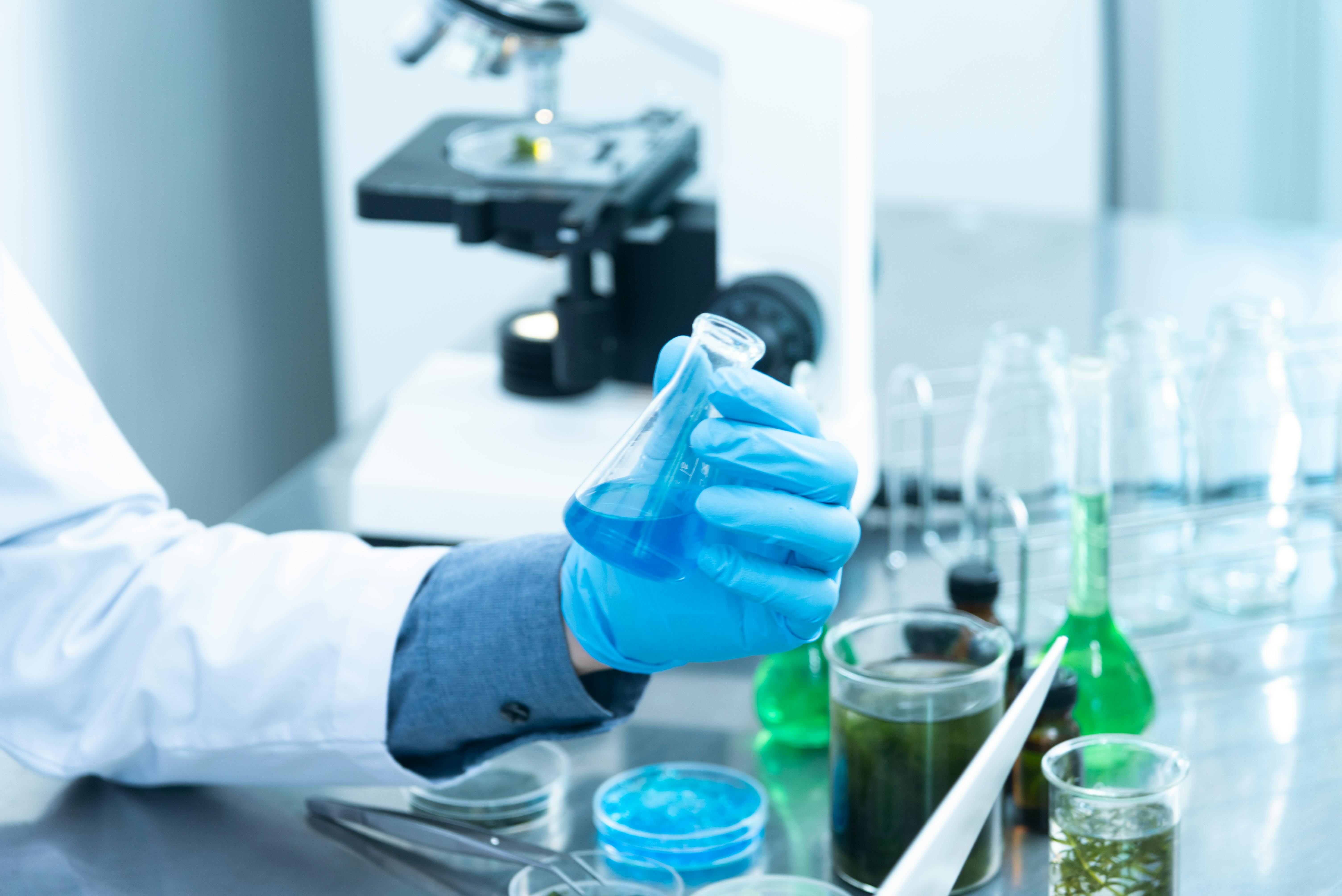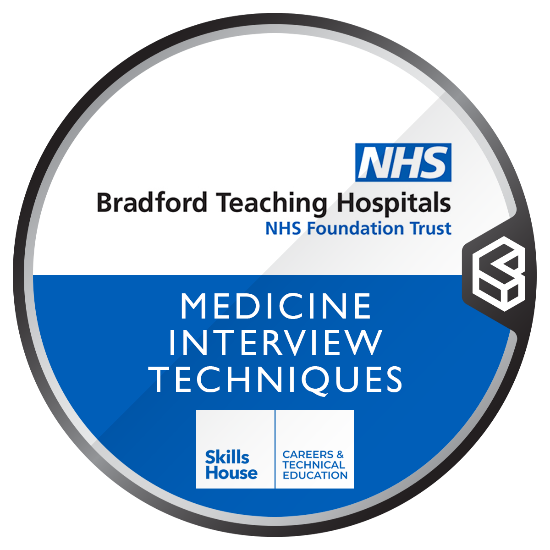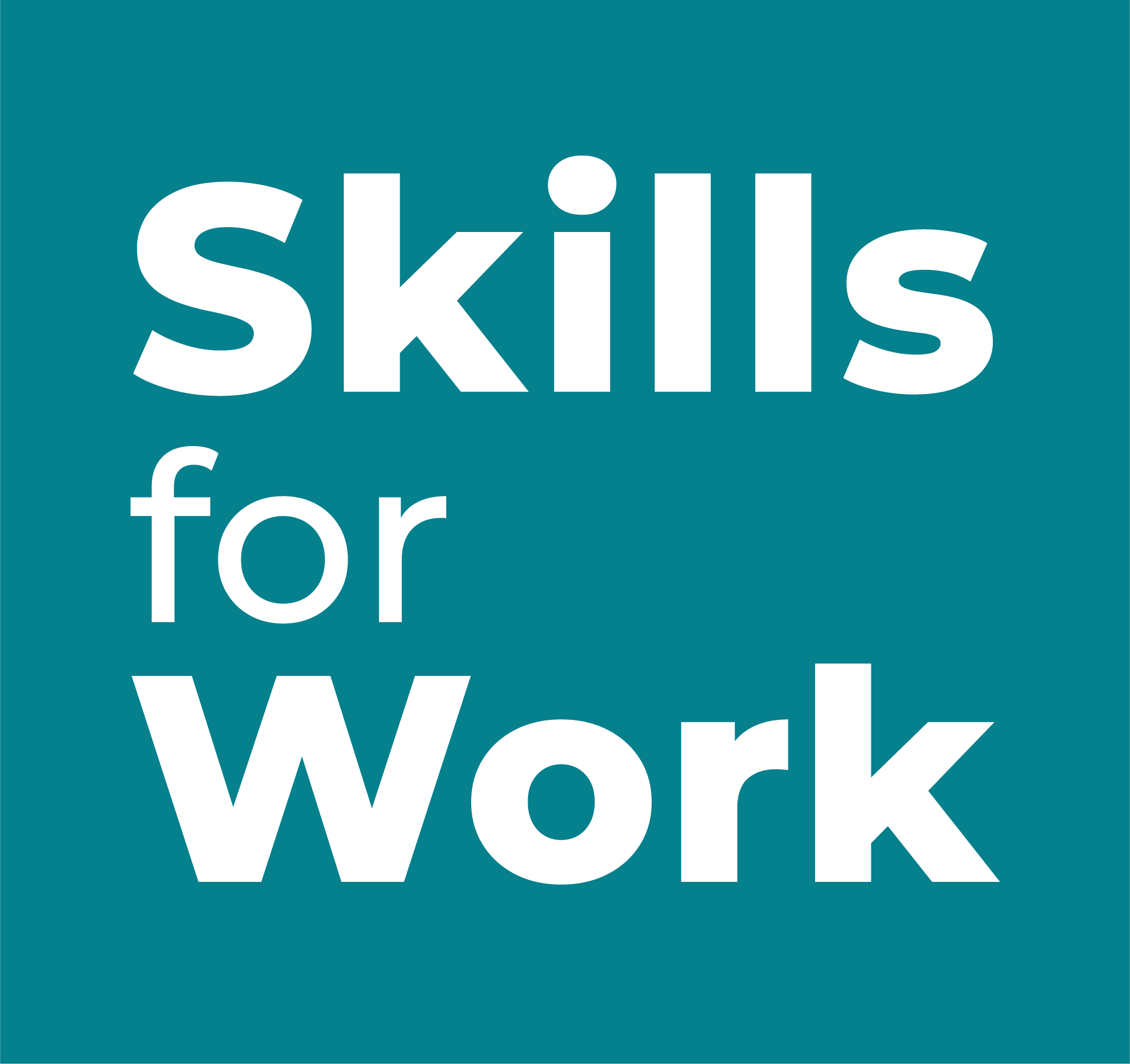Introduction
Our Industry guides give you the lowdown on what the Bradford District has to offer. They're here to help you figure out what qualifications and training opportunities are available nearby and to give you the scoop on career options in specific industries.
If you're not sure about what careers are out there, these guides are perfect for exploring and getting to know each sector better. They're your go-to for understanding the different paths you can take into a career, whether it's through Apprenticeships, Traineeships, starting out early in your career, going to college or university, or learning on the job.
In Bradford District, there are 15 industry sectors to explore - you can find them all on the Career Options page. Each guide will tell you specific ways to plan for an occupation, as well as suggesting educational and vocational opportunities.

Build a Career in Health Science and Medical Services
If you’re interested in a career that makes a real difference to people’s lives, where science meets compassion, and every day presents a new challenge, then the Health Science and Medical Services sector might be the perfect fit for you.
This exciting sector is essential to the UK’s health and care system, offering a wide range of career paths for people with different strengths and interests. Whether you’re passionate about research, technology, helping people directly, or supporting vital systems behind the scenes, there’s a role for you.
Skills and Interests That Make a Difference
A successful career in this sector starts with a genuine interest in:
• Attention to detail
• Teamwork
• Evidence-based decision-making
• A passion for science and problem-solving
• Strong communication skills
• A commitment to high standards and safety
• Curiosity and a desire to keep learning
• Empathy and respect for others
• Adaptability and resilience
• Ability to work well under pressure
• Digital and data literacy
Because of the broad skillsets needed, you can often move between roles and specialisms, building a long-term career that evolves as you do. Some of the key areas within the Health Science and Medical Services sector include:
Biotechnology Research & Development
Professionals in biotechnology research and development work at the cutting edge of medical science. They develop new medicines, vaccines, and diagnostic tools, often working in labs alongside scientists, technicians, and data specialists. Their day-to-day work may include analysing cells, studying diseases, and running clinical trials. These roles require analytical thinking, creativity, and persistence. They are critical to the UK economy, helping to tackle public health challenges and supporting the growing life sciences sector.
Diagnostic Services
Diagnostic professionals help detect, diagnose, and monitor diseases. This includes roles like radiographers, medical laboratory scientists, and pathologists. They use advanced technology and scientific techniques to examine tissue samples, analyse blood tests, and perform scans. Accuracy, precision, and a calm mindset are essential. Diagnostic services are the backbone of early detection and treatment, helping millions of people get the right care quickly and efficiently - vital to improving health outcomes and reducing pressure on the NHS.
Health Informatics
Health informatics specialists combine healthcare knowledge with data, technology, and systems thinking. They manage patient records, develop digital tools for clinical use, and analyse health data to support decision-making. Daily tasks might involve creating secure data platforms, supporting electronic health systems, or improving digital services for patients. These roles suit problem-solvers who enjoy working with tech and data, and they play a crucial role in shaping the future of healthcare in the UK.
Support Services
Support service professionals keep health and care settings running smoothly. From maintaining hospital facilities to ensuring equipment is sterilised and food is delivered safely, their behind-the-scenes work is vital. These roles include porters, catering teams, and maintenance staff. Reliability, teamwork, and a strong sense of purpose are key. Though less visible, these careers are essential to patient safety and the smooth delivery of care across the UK.
Therapeutic Services
Therapeutic service professionals work directly with patients to support their recovery, rehabilitation, and wellbeing. This includes physiotherapists, occupational therapists, speech and language therapists, and more. They assess patient needs, deliver treatment plans, and help individuals regain independence. Compassion, patience, and excellent communication skills are essential. These roles are increasingly important in helping people live healthier, longer lives—particularly as the UK population ages.
Whether you’re a student thinking about your next steps, a parent exploring options with your child, or an educator guiding future professionals, the Health Science and Medical Services sector offers meaningful, exciting, and future-proof careers.
Health Science and Medical Services is a growing Industry with increasing demands by the following employers and organisations:
Airedale NHS Foundation Trust –
https://www.airedale-trust.nhs.uk
Bradford District Care NHS Foundation Trust –
Bradford Teaching Hospital NHS Foundation Trust –
https://www.bradfordhospitals.nhs.uk
University of Bradford –

Qualification Information
English/Maths/Science – Core Subjects
Maths and numeracy-related tasks are common in healthcare and include understanding nutrition information, interpreting blood sugar readings and other clinical data, adjusting medications, and understanding probability in risk communication.
English and health literacy is essential for patient safety, self-management and effective health and social care relationships with patients, families and carers. Improving health and health outcomes for patients. This leads to improved understanding of medication information, instruction and adherence. It also reduces risk of serious health problems resulting from misunderstanding and communication.
Science is used in Health and Social Care as evidence comes from scientific research. Evidence is vital to allow health and social care professionals to make informed decisions and offer the best treatments and options to their patients, service users and communities.

Courses in Health Science and Medical Services

15 Career Choices in Health Science and Medical Services
The below jobs are a sample of 15 occupations that can be found in Health Science and Medical Services in Bradford District and beyond. Click on the job title for more information:
- Medical Secretary - provide office support in hospitals, GP surgeries, private clinics and universities
- Medical Illustrator - produce photographs, videos and graphical images for use in healthcare
- Health Service Manager - run local healthcare services like hospitals, GP practices and community clinics
- Health Promotion Specialist - educate and inform people about health issues
- IT Service Engineer - Computer service and repair technician, IT engineer, IT service technician, IT support engineer, IT field engineer
- Healthcare Science Assistant - support healthcare professionals
- Medical Physicist - specialists in healthcare science, also known as clinical science
- Anaesthetist - doctors who give anaesthetics to patients before, during and after surgery
- Microbiologist - study organisms like bacteria, viruses, fungi and algae to make advances in environmental science, medicine and agriculture
- Performance Sports Scientist - use knowledge of how the body works to help people improve their health or sporting ability
- Clinical Scientist - research and develop techniques and equipment to help prevent, diagnose and treat illness
- Laboratory Technician - carry out tests on samples for scientific research, product development and medical diagnosis
- Biochemist - investigate the chemical processes that take place inside all living things, such as viruses, bacteria and people
- Geneticist - study how genes work in humans, animals, plants and microbes, and how they are passed on
- Pharmacologist - study how genes work in humans, animals, plants and microbes, and how they are passed on

Useful Resources
Find below some useful websites giving information about working in this sector:
Careers in Bradford, District & Craven - Health & Social Care - One Workforce Hub
National Service Careers - Social Care

Digital Badges
Digital badges are a great way to gain recognition for skills and learning which doesn't have a qualification attached to it. If you are a learner aged 13+ please sign up to our Navigatr platform to access the digital badges we offer.
This is quick, easy and free to do. Follow the link below to create your own Navigator account and earn your first digital badge by reading the information and completing quiz at the bottom of the page:
https://www.navigatr.org/what-are-digital-badges-2
To see some of the badges available for Bradford District click on the link below for more information:
Problem solving and analysing information form central focal points when it comes to a career in the Health Science and Medical Technology sector. Careers in Health Science and Medical Technology include researching, designing and developing new products and processes to treat those that need it most.
I would like to find out more about…
The study of diseases to discover new treatments or invent medical devices to assist patients.
Providing diagnostic for patients in an accurate manner by using lab testing, X-rays or blood tests.
Studying and managing health data to help support with providing better health care.
Supports with all aspects of health services to further improve mental or physical health of a patient.
The positive development of emotional and mental health through psychologists, occupational therapist and speech and language therapist to name a few.






